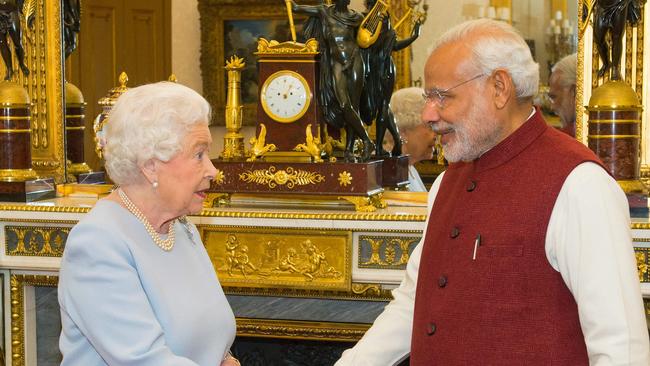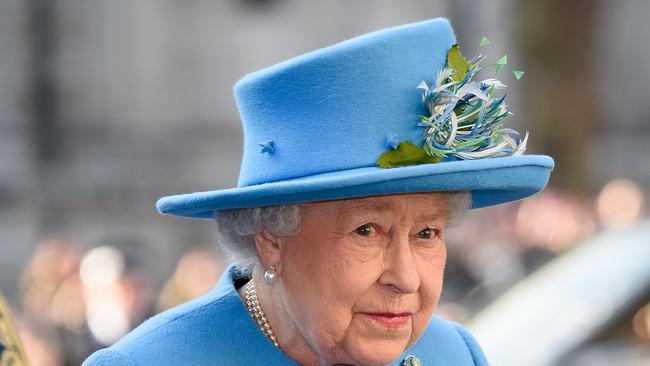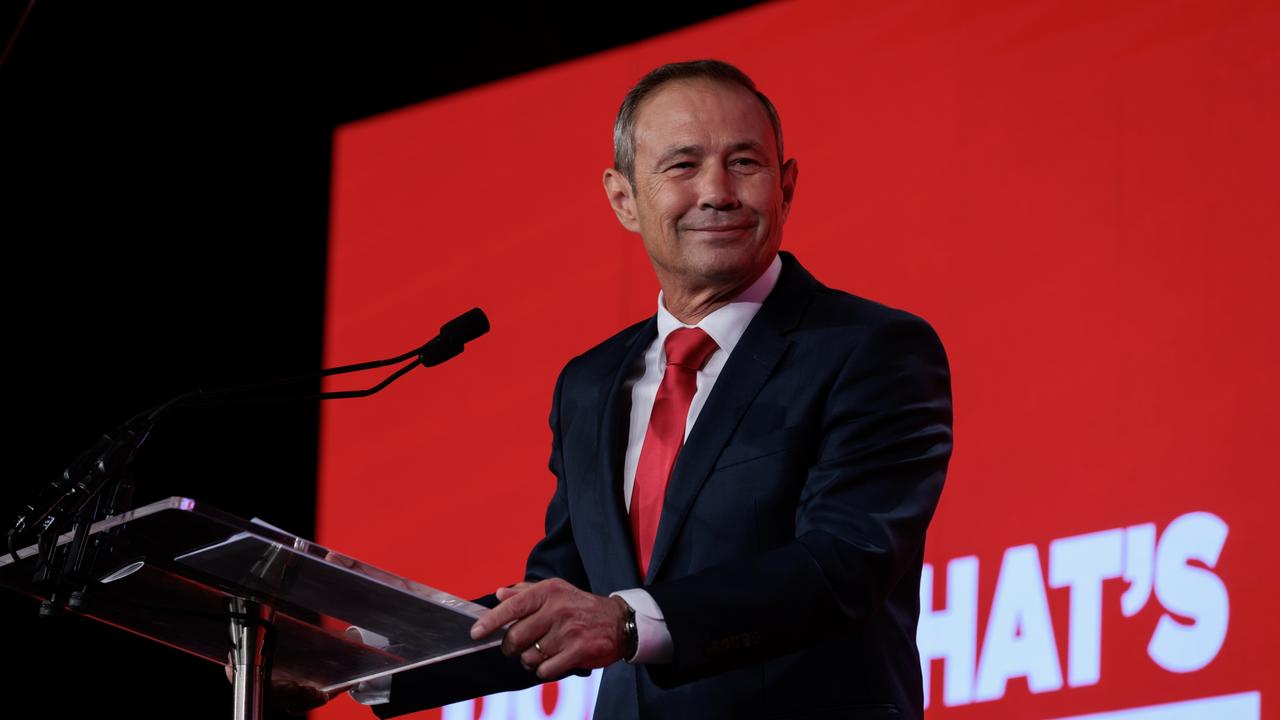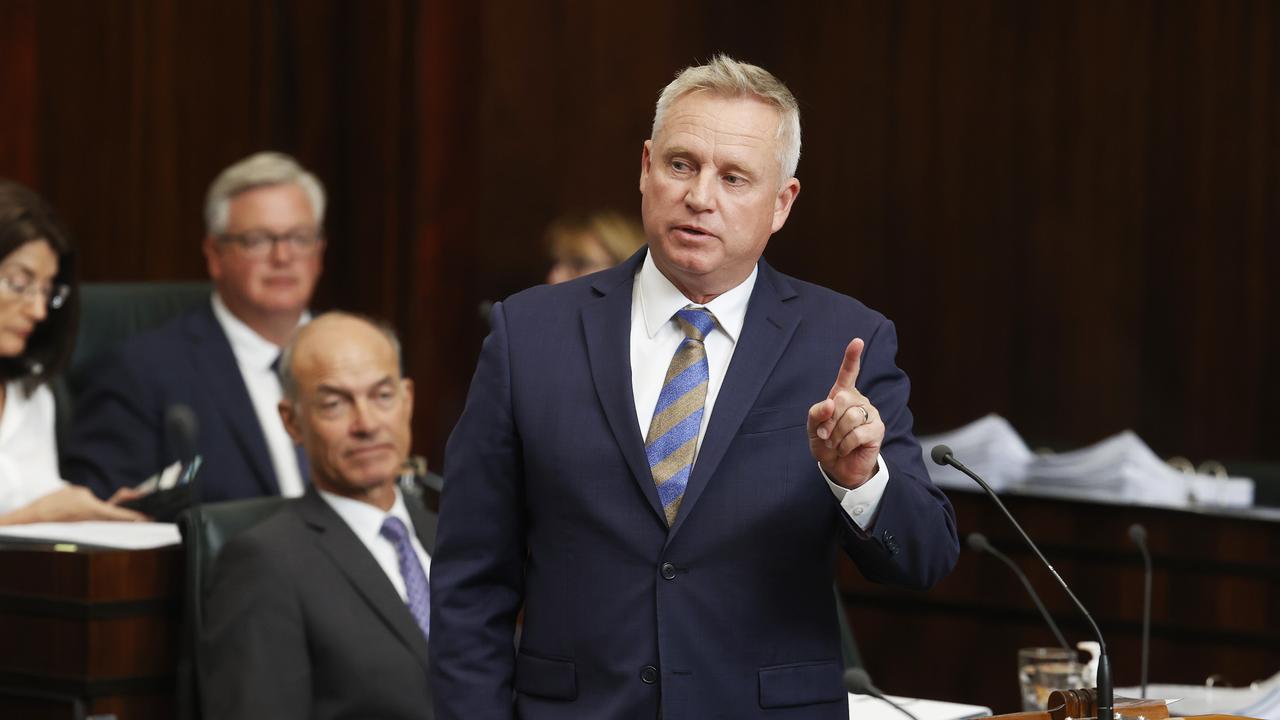A popular Queen who outshone the mere populists

Former prime minister Paul Keating recognised the Queen’s contribution in the public arena in a statement that was probably the most insightful in its analysis of her reign of any offered by any serving or retired Commonwealth prime minister. He wrote of her: “She was an exemplar of public leadership, married for a lifetime to political restraint, remaining always, the constitutional monarch.”
The Queen always remained above the tumult and the fray of political contest. She was strikingly nonpartisan in her affection for British prime ministers. While no one would doubt the regard in which she held Sir Winston Churchill (Conservative), few would dispute her fondness for Harold Wilson (Labour). The public responded to this quiet even-handedness.
Above everything else, the Queen avoided the temptations of hubris. Across the centuries, from the time of Aristotle, the meaning of hubris has broadened, but in essence it refers to the overweening and self-congratulatory pride that leads to ruin. And the following three populist Western figures have brought their own destruction on themselves.

Consider Donald Trump, battling political and legal dramas in a variety of jurisdictions across the US. The result of hubris is perhaps best seen in the arrival of the FBI at Mar-a-Lago. This need never have happened had Trump observed the requirements of the Presidential Records Act of 1978 and turned over his administration’s papers to the National Archives.
No other president seems to have had the difficulties that Trump has exhibited in making certain that sensitive papers, entrusted to the office of the president, are lodged for safekeeping. The papers were never his.
Trump’s role in the January 6 insurrection last year at the Capitol, where various militias and other deranged individuals carried the lie of the stolen election to its foreseeable conclusion, would normally be enough to destroy the reputation of most American presidents. But Trump is a cult figure who holds a voodoo-like grip on much of the Republican Party, now sometimes reduced to mere “Trumpanzees”. The Trumpanzees are routinely on display whenever he appears to his followers, like the Second Coming, at one of his tedious rallies.
But none of Trump’s problems was caused by his opponents; his business dealings being under examination in a New York City courtroom caused him to “take the fifth” – invoking the right against self-incrimination under the US constitution’s fifth amendment – more than 450 times. Former FBI director James Comey once said that the Trump world behaved like New York City mobsters. “Taking the fifth” underscored this reality.
Arguably, Trump is the worst US president since James Buchanan Jr fecklessly idled away his last months in the White House as the civil war loomed, menacingly, on the horizon. Routinely, American historians have labelled Warren G. Harding as the worst occupant of the White House, but a recent book by Ryan S. Walters, The Jazz Age President, casts doubt on this. There is no doubt about the twice-impeached Trump or Buchanan.
On the other side of the Atlantic, Boris Johnson emerged as a Britannic version of Trump. Like Trump, Johnson told his constituency what they wanted to hear rather than what they needed to know. Johnson’s critics invented the political expression “cakeism” to describe the PM’s habit of reportedly telling his voters: “My policy on cake is pro having it and pro eating it.” Johnson was the worst British prime minister since Lord Frederick North lost the American colonies in the Revolutionary War.
Johnson’s relationship with the truth often appeared to be at best tangential. His former boss at The Telegraph, Max Hastings, described him as “a man of remarkable gifts, flawed by an absence of conscience, principle or scruple”. And it took a while to be conclusive about the number of Johnson offspring. Ultimately, his tendency to change stories and be caught out proved to be ruinous. Symbolically, contrast Johnson’s “Partygate” indulgences with the Queen’s lonely figure at her husband’s funeral.

Mendacity is one of the distinguishing features of populists. They seldom believe in anything much and they don’t expect their audiences to be any different. Surprise is the overwhelming sensation when they find the electorate actually values honesty (and votes accordingly).
Secrecy and sleight of hand often seemed to be the watchword of the Morrison prime ministership. By appointing himself to various portfolios, Morrison departed not only from the Westminster system but from the perspective of liberalism and democratic protocols proffered by Robert Menzies. Menzies was a great admirer of the Queen and steadfast in his devotion. The Queen set an example anchored in her faith. Can anyone imagine her saying: “I don’t hold the hose, mate.”
For a decade Western populism has been close to flood tide. It is now receding. Democracies must not only defend themselves against the dictators abroad but clownish populists closer at home. The Queen understood this. The populist wave that swept through many Western democracies in the past decade or more, destroying logic and common sense, never disturbed the royal residences. Even at times of maximum stress in British politics, the Queen did not waver in her determination to maintain constitutional principles.
Keating, like this writer a republican to his bootstraps, should perhaps have the last word: “With her passing her example of public service remains with us as a lesson in dedication to a lifelong mission in what she saw as the value of what is both enduringly good and right.”
Stephen Loosley is a former ALP senator and national president of the party.







There were three dimensions to Queen Elizabeth II’s democratic stewardship that are difficult to match in most forms of republican government. These dimensions are certainty, consistency and calm. Above all else, the Queen represented a steady and sure hand at the apex of British government and the governance of the Commonwealth. In short, she could be relied on to act with a predictable compassion that was reassuring to millions of citizens.